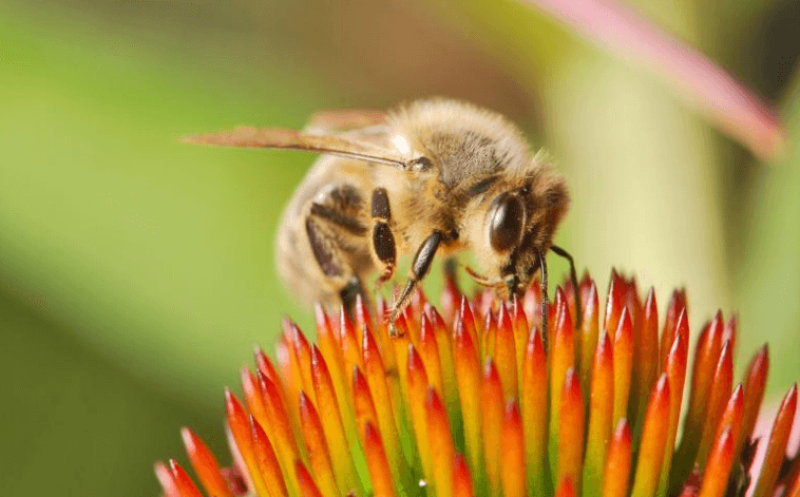The craze for honey bees now presents a genuine ecological challenge. Not just in Slovenia, but around the world.
“If you overcrowd any space with honey bees, there is a competition for natural resources, and since bees have the largest numbers, they push out other pollinators, which actually harms biodiversity,” [beekeeper Gorazd Trusnovec] said, after a recent visit to the B&B bees. “I would say that the best thing you could do for honey bees right now is not take up beekeeping.”
Still, the save-the-bees narrative persists. Its longevity stems from confusion about what kind of bees actually need to be rescued. There are more than 20,000 species of wild bees in the world, and many people don’t realize they exist. That’s because they don’t produce honey and live all but invisibly, in ground nests and cavities like hollow tree trunks. But they are indispensable pollinators of plants, flowers and crops.
Researchers have found that many species of wild bees are, in fact, declining. So trying to save them makes eminent sense. But hobbyists and corporations, not to mention luminaries like Beyoncé and Queen Camilla, are drawn only to the seven or so species of honey bees — the one group supported by a multibillion-dollar agribusiness and that doesn’t need the help.































